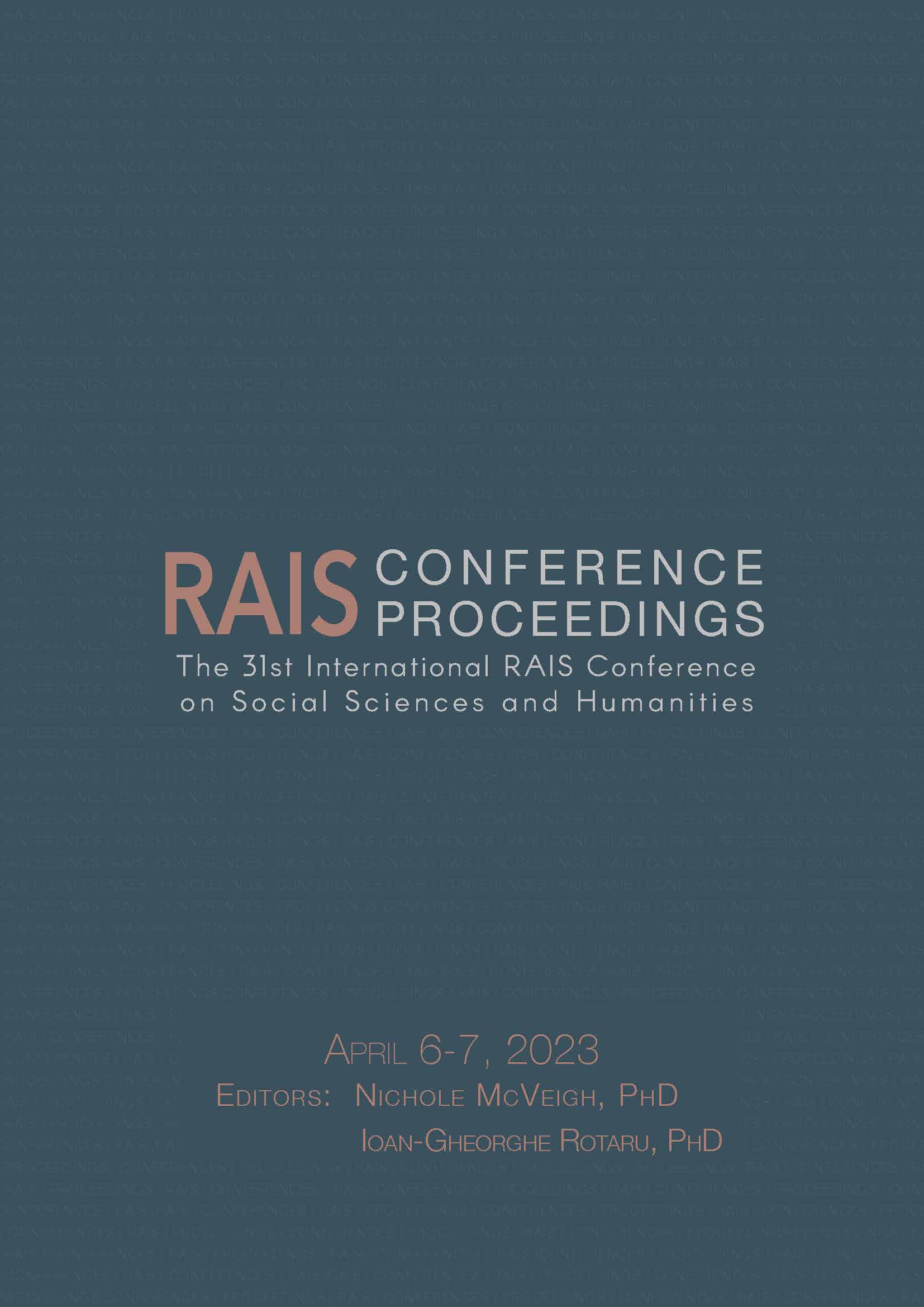Intergenerational Followership of Small and Medium Enterprises (SMEs)
Intergenerational Followership of Small and Medium Enterprises (SMEs)
Author(s): Julia M. Puaschunder
Subject(s): Business Economy / Management, Management and complex organizations
Published by: Scientia Moralitas Research Institute
Keywords: Behavioral Economics; Behavioral Insights; Development; Economics;
Summary/Abstract: The contemporary business and management literature offers an ample account of leadership theory and practice guidance. Future corporate employees are trained to climb up the hierarchy to obtain the aspirational goal of leadership. Leadership theory in the Western world appears to focus on large corporations and multi-national businesses. Most recently, literature emerged that points at drawing attention to small-medium enterprises (SMEs), which are actually the majority of businesses, especially dominating in smaller more fractionate market economics, such as the European continent. SMEs are also the most predominant form of business in developing and transition economies. This article draws attention to the importance of shedding light on SMEs in the overall business, economics and management literature. Currently there is also literature emerging on the importance of attention to followership in the wealth of insights already derived for leadership management and practice. Strategic followership aids decision-makers decide wisely how to follow, whom to follow and when to follow. This paper will address followership in SMEs. Lastly, this paper also contributes by drawing attention to an overlooked feature of SMEs in mainly being family firms. The SMEs nature of family business will be investigated from an intergenerational aspect in order to derive strategic followership advice with respect for intergenerational family influences. The paper closes with an outlook of future research in the field of SME strategic followership with respect for intergenerational family business characteristics.
Book: Proceedings of the 31st International RAIS Conference on Social Sciences
- Page Range: 118-123
- Page Count: 6
- Publication Year: 2023
- Language: English
- Content File-PDF

